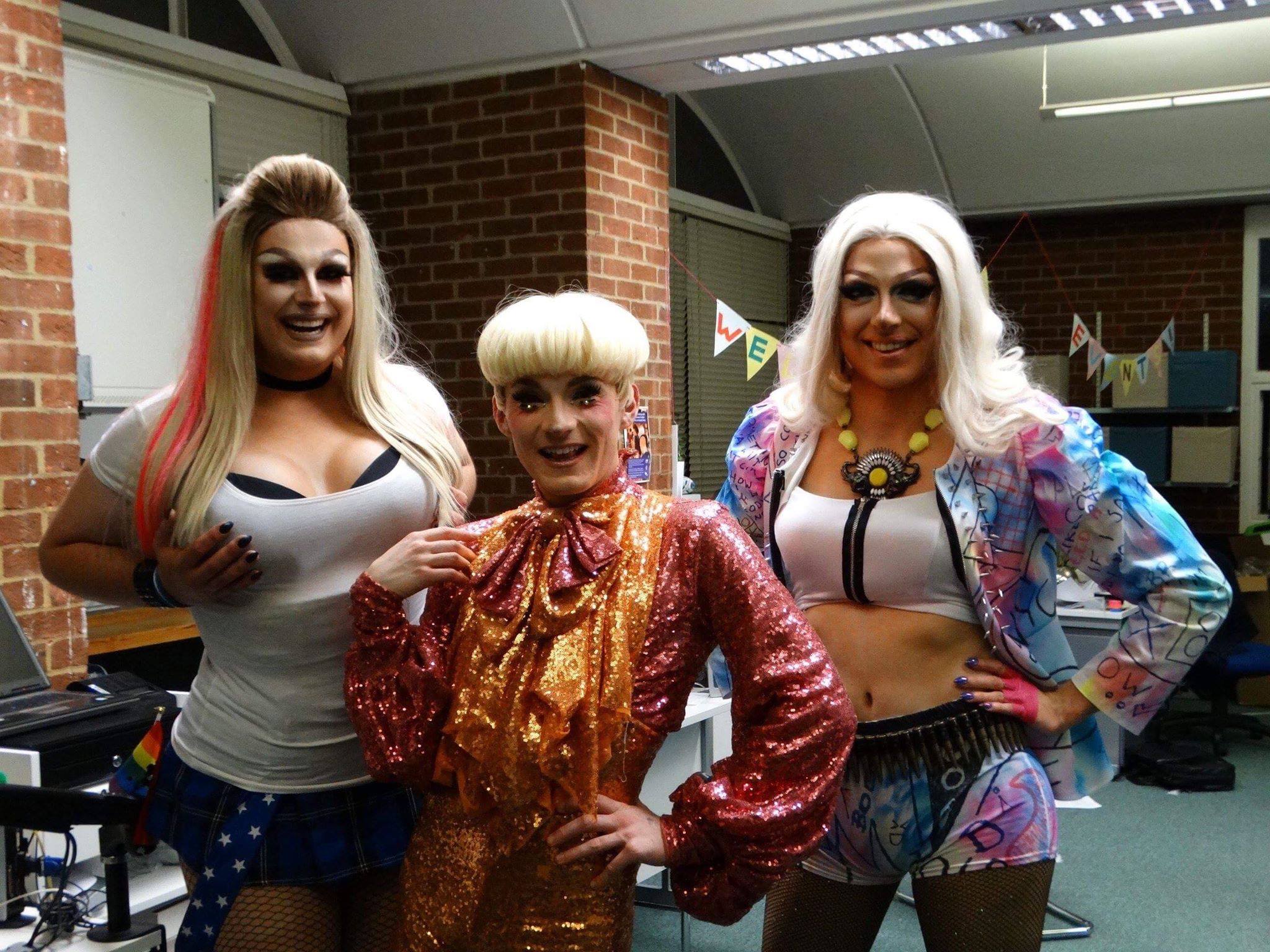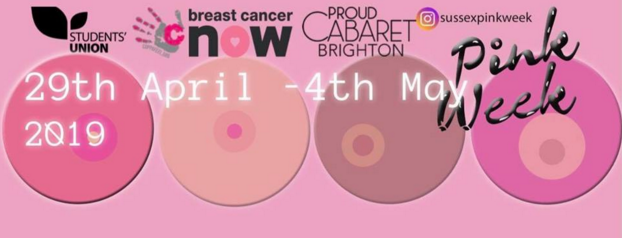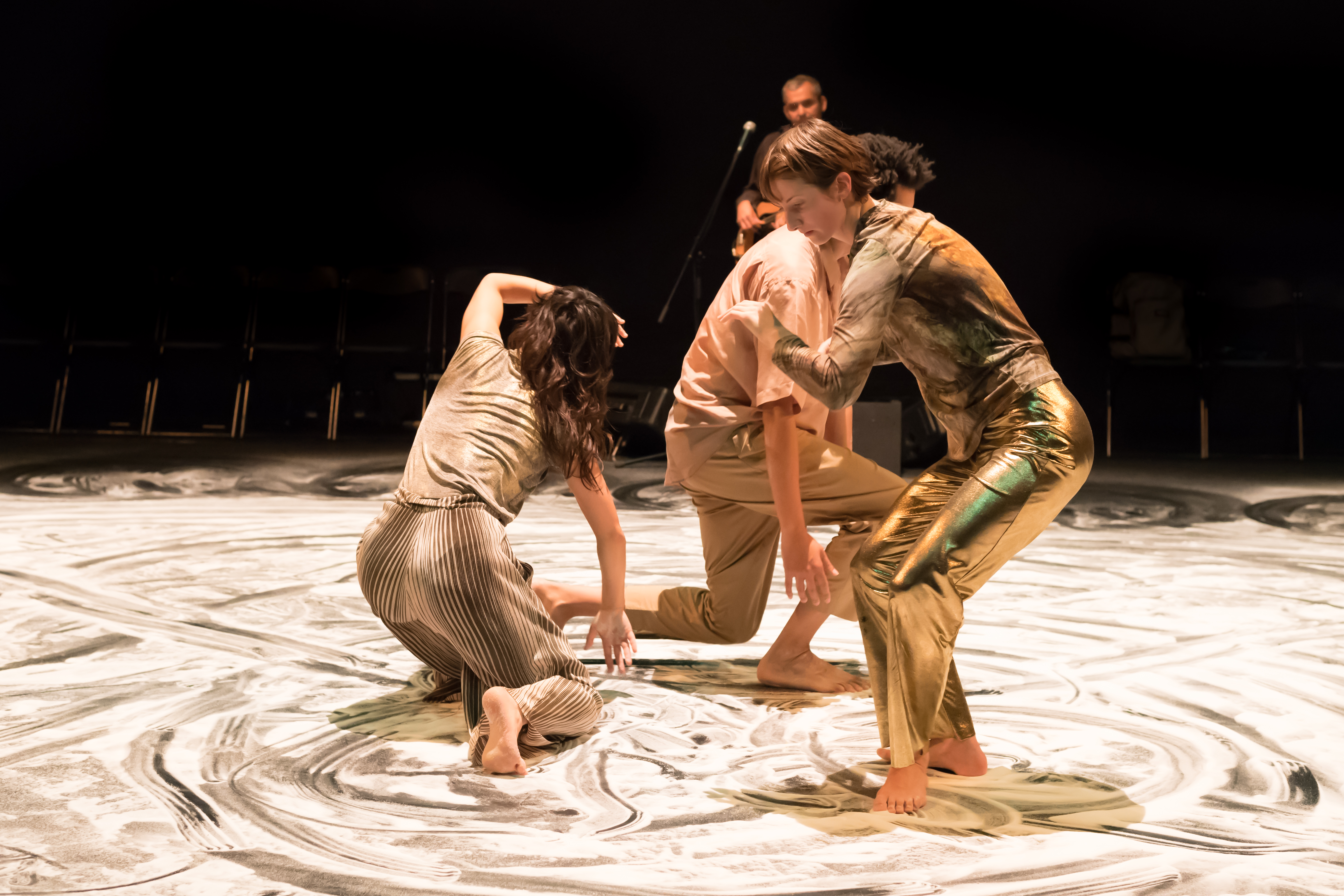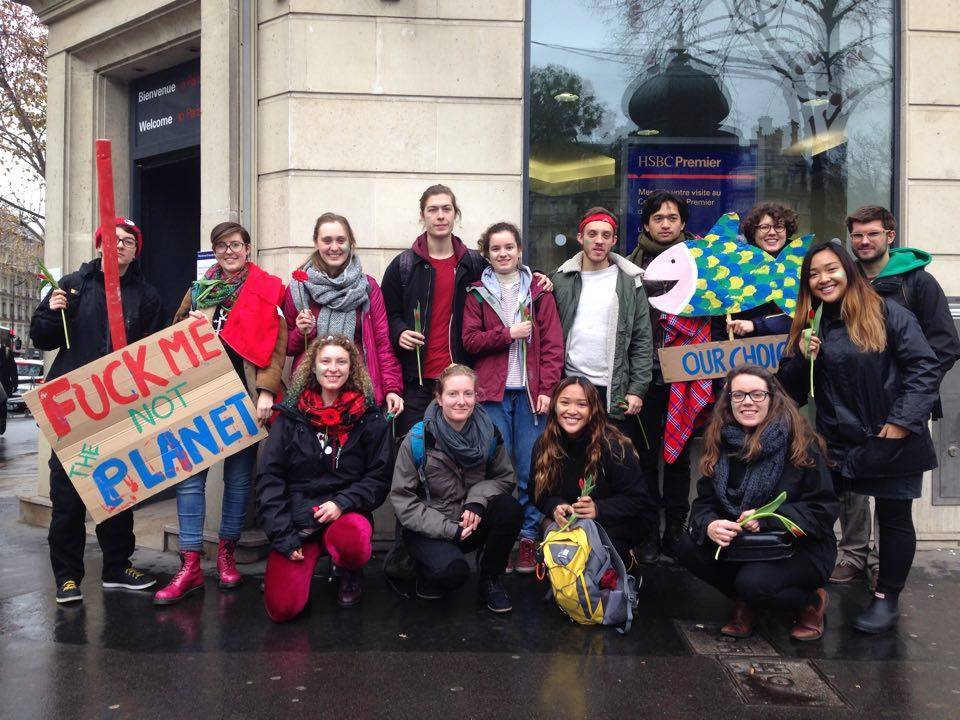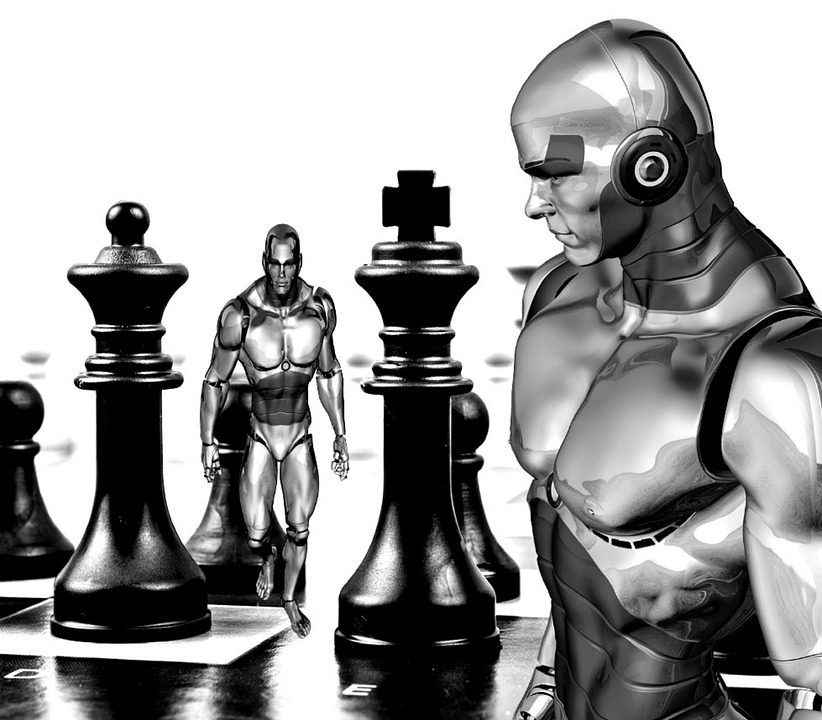Once an art form disregarded by many, 2018 bears witness to the continuous rise of drag as a legitimate, celebrated art. Spearheaded by RuPaul’s Drag Race, drag is becoming a mainstay in popular culture. Yet, RuPaul himself, continues to claim that drag is the “antithesis of mainstream”. If the face of modern drag won’t accept the mainstream then why should they embrace drag and it’s art?
RuPaul’s Drag Race is the perfect antidote to the ‘man in a wig’ stereotype that society has held about drag queens for decades that shows like Mrs Brown’s Boys perpetuate. Instead, drag performers, both trans- and cis- gendered, are presented as talented, multifaceted human beings.
Whilst it’s initial popularity stemmed from a cult gay following, in more recent years it has evolved into a staple of worldwide reality TV. In 2017, it faced a high profile and high budgeted move to VH1 and is now available on Netflix UK just hours after airing in the US – something that would have seemed impossible when the show started in 2009.
Whilst, these changes could just be down to a fervent LGBTQ+ following, heterosexual-dominated culture can be seen accepting Drag Race on levels like never before. RuPaul has won the Emmy for Best Reality Show Host 3 years in a row and Drag Race became the first show to win both Best Reality Show Host and Best Reality Show in the same year ever. Which is ironic as RuPaul has been quoted by Vulture as saying “I’d rather have an enema than an Emmy”. As well as RuPaul himself, multiple queens from the show have surpassed 1 million followers on Instagram signifying a growing online significance extending beyond just gay fans.
Despite being hugely based around queer references and culture, Drag Race appeals to general audiences and has opened up boundaries for drag performers world wide. Ru-Girls, phrase penned by Alaska Thunderf*ck 5000 to describe Drag Race alumni, have been using the platforms provided by the show to move into various sections of popular media.
Drag is no longer being defined by a queen lip syncing to a song in a dirty, dingy nightclub. Instead, Courtney Act won Celebrity Big Brother with almost 50% of public votes and is about to host E!’s The Bi Life and Channel 4’s The Courtney Act Show. A drag queen hasn’t been in the limelight and embraced like this in UK culture since the height of Lily Savage in the 1990s.
Internationally queens thrive too, Willam Belli and Shangela star in the upcoming Bradley Cooper/Lady Gaga film, A Star Is Born, to be released 3 October. Whilst, Ginger Minj will star opposite Jennifer Aniston in Dumplin’ and Alaska will cameo as Morgana in the fifth installment of the Sharknado franchise. In other medias, Sasha Velour curated a New York Fashion Week runway featuring Christina Aguilera and Blair St. Clair topped Billboard’s Dance and Electronic Album Sales Charts with her album, Call My Life. Peppermint broke Broadway records by becoming the first trans femme actor to star in a principal role as she stars as Pythio in Head Over Heels. So, regardless of your hobbies there is a drag queen that can interest you.
Outside of RuPaul’s drag empire, local drag scenes are thriving more than ever due to the global interest in drag. Sussex is lucky enough to house the first ever Drag Society in the UK. Sussex’s DragSoc started in 2017 off the back of the rising interest in drag and is open and accessible to all. Something that Alfie Ordinary, a legendary British drag performer interviewed by The Badger, also believes, “you’ll still be welcomed in any drag space because the whole point of it is inclusivity.”
Drag Soc welcomes people of any genders, races, sexualities and backgrounds to their events as well as to perform on stage with the society and external performers. Having won Sussex’s Best New Society 2016/17 as well as other national awards, DragSoc teamed up with the Students’ Union to put on The Glitter Ball in Freshers’ Week featuring society performers as well as local performers Zayn Phallic and Baby, viral YouTube sensations Novympia and British drag prince Alfie Ordinary.
On top of getting involved in watching and performing, DragSoc aims to collaborate with professionals in “putting on workshops to get more people involved and train them in away” whilst also setting up initiatives like wig swaps as revealed by vice president and welfare officer AJ, known on stage as the Prince of Persia.
Whilst, society appears to slowly be embracing drag culture with awards, Hollywood cameos and chart topping music, I hope that all individuals, regardless of their sexuality, race or gender, feel welcome to enjoy and embrace drag either passively through RuPaul’s Drag Race or actively by participating in DragSoc or seeing local or international queens at shows.
As Nova, from Novympia, best said in our interview together: “Stop taking life so seriously. Once everyone gets to a place where they can embrace drag. I think the world would be a much better place. Everything else would fall into place.”
For the Novympia interview click HERE
For the Alfie Ordinary and Baby interviews click HERE
For the DragSoc committee interviews click HERE
Photo Credit: Chris Ahjem

